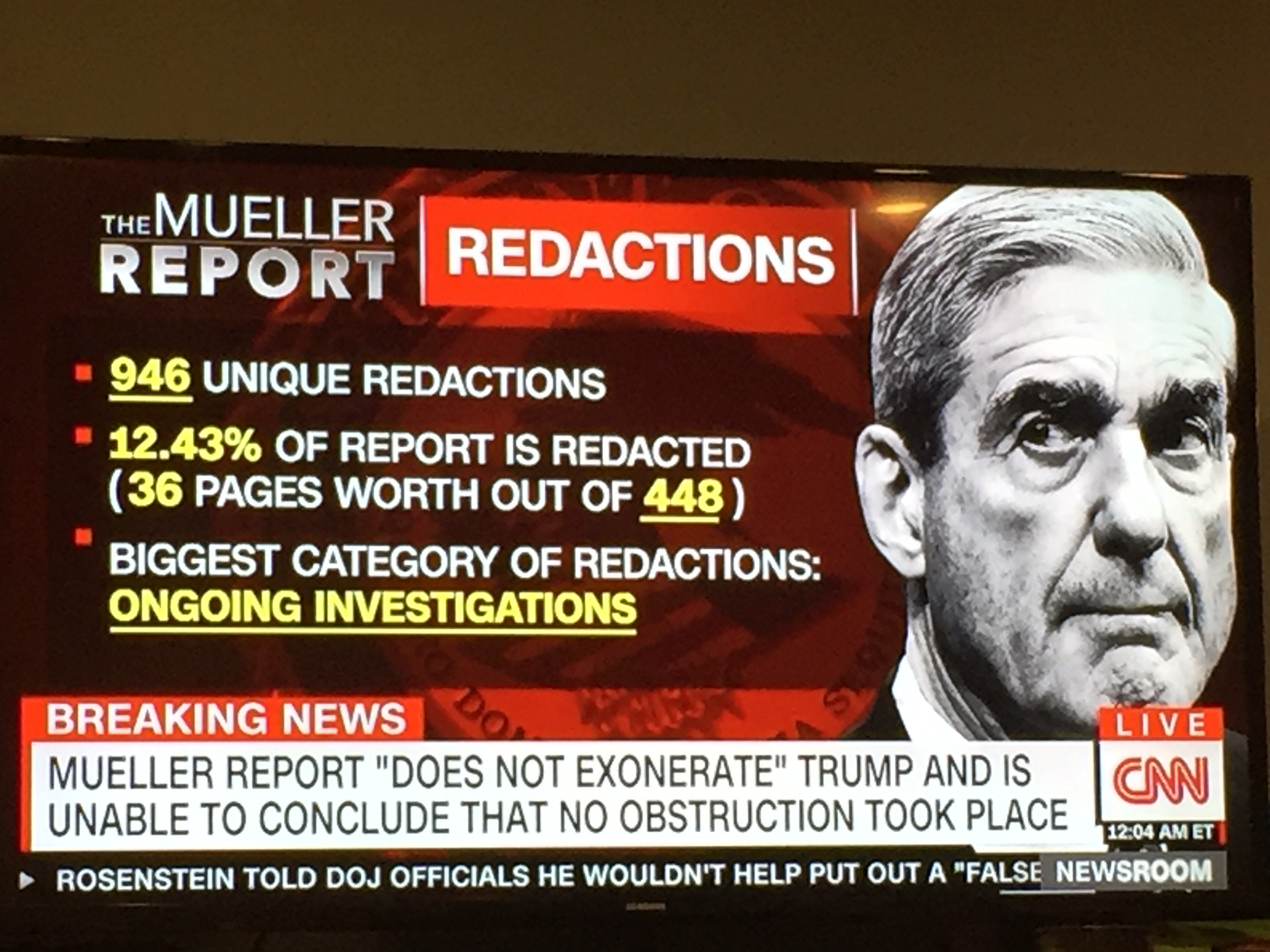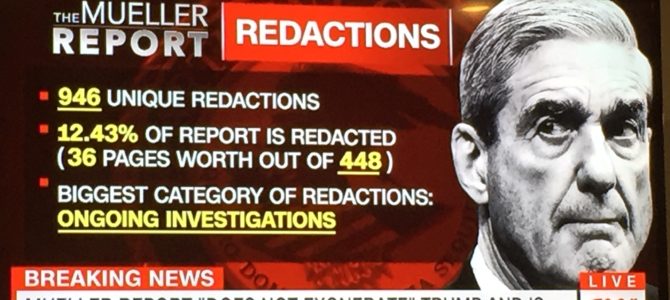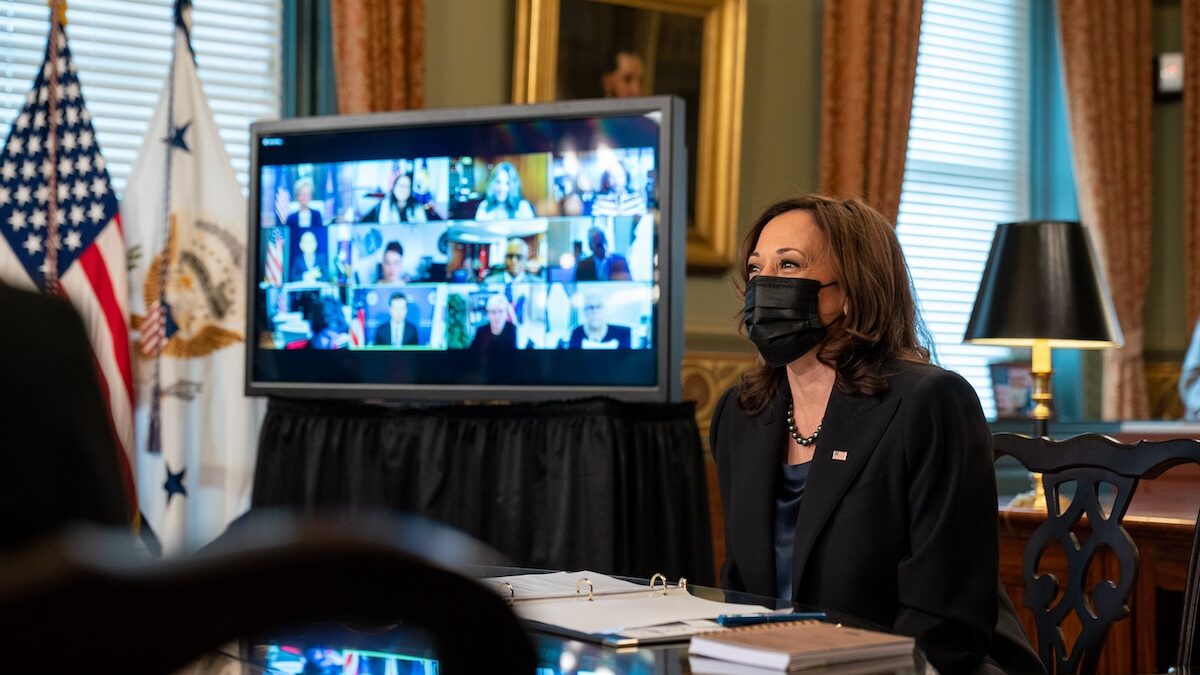If there’s one thing we’ve learned in the Internet age, it’s that journalists make a lot of mistakes. (Believe me, I’ve made my share of boneheaded ones.) But there are a few areas where journalistic ignorance really seems to persist, and basic math is one of them. With that in mind, look at this chyron from CNN last night, passed on to me by an old colleague. Notice anything wrong?

I’m pretty confident my nine-year-old could look at that and tell me that 36 is not 12.43 percent of 448. Thirty-six divided by 448 is 0.0803, or 8 percent almost right on the nose. However, 448 divided by 36 is 12.44, so it appears that someone did the math exactly backwards, slapped the percent symbol on the end, and put it on the air. (How they got 12.43 instead of 12.44 is further puzzling.)
Anyway, perhaps this isn’t the most consequential error ever, but it does seem very illustrative of a particular problem. Math is hugely important to journalism, and it’s important to remember that a great many journalistic mistakes go unnoticed.
How many articles have you read where there are lots of numbers flying around and you have no idea how the author extrapolated them? It’s always a good thing to keep in mind as you digest the news that there’s a good possibility what you’re reading is in error in some significant way. Yet few people bother to do much beyond passively take in information.
Years ago, the writer Michael Crichton defined this as the “Gell-Mann Amnesia effect“:
Briefly stated, the Gell-Mann Amnesia effect is as follows. You open the newspaper to an article on some subject you know well. In Murray’s case, physics. In mine, show business. You read the article and see the journalist has absolutely no understanding of either the facts or the issues. Often, the article is so wrong it actually presents the story backward—reversing cause and effect. I call these the ‘wet streets cause rain’ stories. Paper’s full of them. In any case, you read with exasperation or amusement the multiple errors in a story, and then turn the page to national or international affairs, and read as if the rest of the newspaper was somehow more accurate about Palestine than the baloney you just read. You turn the page, and forget what you know.
One positive thing to come out of the Trump era is that another media critic, whom I am related to by marriage, has noted that we might be seeing the end of Gell-Mann Amnesia. When entire news operations dedicate themselves over a period of years to trying to undo an election result they campaigned against and never saw coming, it’s pretty hard to look at the news the same way again. You realize that their reporting doesn’t add up—sometimes quite literally.









